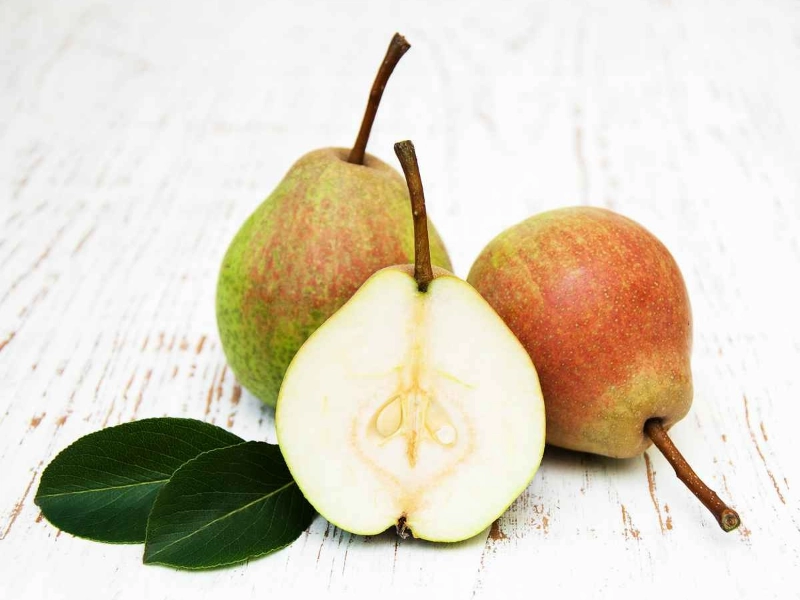The Pear Diet: Why It's the Ideal Meal Replacement Fruit
Advertisement
3. Hydration and Satiety: The Pear's Secret Weapons

Advertisement
Two very important components of good weight reduction plans are keeping hydrated and feeling pleased. Pears are a hidden weapon in your weight loss tool as they shine in both these spheres. Let's investigate how pears' satiety-inducing and hydrating qualities help to explain their usefulness as a meal replacement fruit.
Pears have an amazing water content—about 84% of their weight is water. On a weight-loss diet, this great water content has several uses. First of all, it adds to your daily fluid intake, thereby ensuring your hydration. Many body processes, including metabolism and nutrient delivery, depend on appropriate hydration. Moreover, maintaining good hydration helps occasionally avoid sensations of hunger that are really disguised as thirst.
Without adding calories, the water in pears gives the fruit mass. This allows you to keep your calorie count under control while nevertheless eating a reasonable quantity of food. In weight loss regimens, the idea of volumetrics stresses eating meals with low energy density (calories per gramme) but great volume. Perfect for this category, pears let you feel full and satisfied while consuming less calories.
Apart from their great water content, pears are great in encouraging fullness since of their fibre count. Soluble and insoluble fibre in pears cooperate to slow down digestion and produce a long-lasting sensation of fullness. In your digestive tract, soluble fibre creates a gel-like material that slows down the emptying of your stomach and nutritional absorption. This extended digesting process helps you feel full for longer stretches of time, so lessening the possibility of eating or snacking between meals.
Pears' insoluble fibre helps you feel full and not just facilitates digestion. It also gives your food more bulk. This kind of fibre passes through your digestive tract mostly unbroken and does not disintegrate in water, which helps to maintain regularity and a good gut flora. Better general health and weight control have been connected to a healthy gut.
Pears' high water content and fibre mix to provide a strong satiety sensation. Eating a pear causes signals of fullness to your brain as the water content fills your stomach right away. The fibre absorbs water and expands while you keep eating, therefore augmenting the sensation of fullness. Pears are a great alternative for anyone trying to cut their total calorie intake since this twin action of hydration and fibre expansion can help you feel satiated with less calories.
Furthermore helping one to feel full is chewing a fresh pear. Pears' crisp texture calls for more chewing than softer foods, which can slow down your eating rate. This slower eating allows your body more time to detect sensations of fullness, thereby helping to maybe prevent overindulgence.
You May Like
Advertisement

